Got a love-hate connection with someone? That’s an ambivalent relationship style! Let’s explore why it’s terrible for you and how to deal with this mix of emotions.
Ever had those people in your life who you can’t quite put a finger on? Not really loving them, not really hating them, just feeling… ambivalent? Yeah, it happens to all of us.
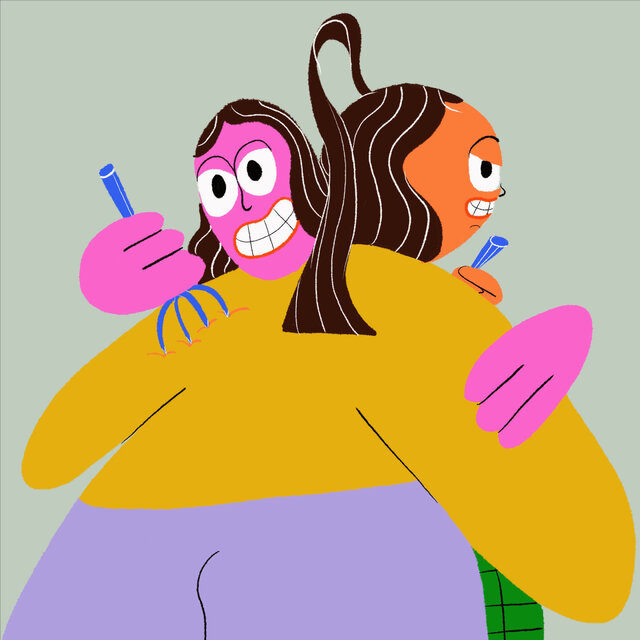
So, What Is An Ambivalent Relationship Exactly?
Ambivalent relationships are those where you have a mix of positive and negative emotions towards someone, making it hard to figure out where you stand with them.
You know those amazing friends and family members you absolutely adore? They fall under the “love” category. Then there are those folks you can’t stand, and that’s the “despise” category.
But right in the middle, there’s this peculiar group of people, often referred to as “frenemies,” where it’s not all roses or thorns. Social scientists call this an ambivalent relationship – a state where both positive and negative aspects exist in equal measure.
Sometimes they’re great, other times, they’re a real drag. You might like and even love them at times, but they can also drive you nuts.
Read more here: The Pain Of Emotional Ambivalence
Here are a few ambivalent relationship examples:
1. The On-again, Off-again Romance:
couple who can’t seem to stay together or break up for good. They have intense chemistry and love each other deeply, but they also have constant arguments and disagreements. Their emotions swing between extreme highs and lows, making it hard to maintain a stable relationship.
2. The Overprotective Parent-Child Bond:
Imagine a parent who loves their child immensely but struggles to give them independence. They want their child to succeed and be safe, but their fear and overprotective nature sometimes hinder the child’s growth and ability to make their own decisions.
3. The Jealous Best Friends:
Think of two best friends who have been inseparable for years. They share a strong bond and trust each other, but they also get jealous of each other’s other friendships or achievements. This jealousy can lead to tension and insecurity in their relationship.
4. The Rollercoaster Sibling Dynamic:
Consider two siblings who have a love-hate relationship. They care for each other and have shared a lot throughout their lives, but they also have frequent conflicts and rivalries that stem from their differences in personality and perspectives.
5. The Career-Driven Couple:
A couple who are both highly ambitious and dedicated to their careers. They support each other’s professional goals, but at times, their careers take precedence over their relationship, leading to feelings of neglect or emotional distance.
6. The Long-Distance Relationship Struggle:
And lastly a couple who deeply loves each other but must endure a long-distance relationship. They experience moments of closeness during visits, but the physical distance creates challenges and doubts about the sustainability of the relationship.
These relationships can happen with co-workers, friends, family, or even your spouse. Surprisingly, they make up about half of our social circles. But why do we end up in these lukewarm connections?
Well, sometimes you meet someone new, and there’s enough good about them that keeps you intrigued, despite their annoying traits. In the early stages, the excitement masks their flaws, but as time goes on, those issues become more bothersome. Yet, you’ve hung out enough that you feel like friends, making it hard to cut ties.
Sometimes, you’re friends with someone mainly because your partner is friends with their partner – not exactly a match made in heaven, but you end up such situations.
And let’s not forget those people you’re stuck with, like office colleagues or roommates, where familiarity breeds some affection, but it’s not all sunshine and rainbows.
Even in marriages, if you neglect to nurture the relationship, the positive can dwindle, leaving room for ambivalence to grow.
Signs Of Ambivalence In A Relationship
- Inconsistent communication.
- Uncertain future plans.
- Mixed emotions and mood swings.
- Avoiding deeper emotional discussions.
- Lack of enthusiasm or passion.
- Conflicting priorities and interests.
- Hesitation to commit or invest fully.
- Frequent second-guessing and indecision.
- Fluctuating levels of intimacy and affection.
- Difficulty resolving conflicts or making joint decisions.
Read more here: Why Children Have Love-Hate Relationships With Their Parents: 5 Compelling Reasons
Why Are Ambivalent Relationships Terrible For You?
Ambivalent relationships, despite seeming to fall somewhere in the middle, actually have a significantly negative impact on your well-being, as opposed to supportive relationships that offer numerous benefits such as stress reduction, increased resilience, and improved physical and mental health.
While aversive relationships are known to amplify stress and have detrimental effects on health, ambivalent relationships have been shown to be just as harmful or even worse.
Multiple studies have consistently demonstrated that ambivalent relationships not only fail to effectively help individuals cope with stress but can also become sources of stress in themselves.
Therefore, it is crucial to recognize the detrimental effects of ambivalent relationships and prioritize fostering more positive and supportive connections in our lives for overall well-being.
How To Deal With Ambivalence In a Relationship?
- Acknowledge your feelings: Recognize and accept that ambivalence is normal in relationships.
- Communicate openly: Talk to your partner about your conflicting emotions and concerns.
- Identify root causes: Understand the reasons behind your ambivalence to address underlying issues.
- Focus on the positives: Reflect on the reasons you value the relationship and the good aspects it brings.
- Give it time: Allow yourself and the relationship to evolve before making major decisions.
- Be patient: It’s normal to feel uncertain; take the time you need to find clarity.
Read more here: What Is A Love And Hate Relationship? Understanding The Complexities Of Intense Emotions
Sometimes, ambivalence keeps us on our toes, but can we find harmony amidst the uncertainty? Share your thoughts in the comments below!
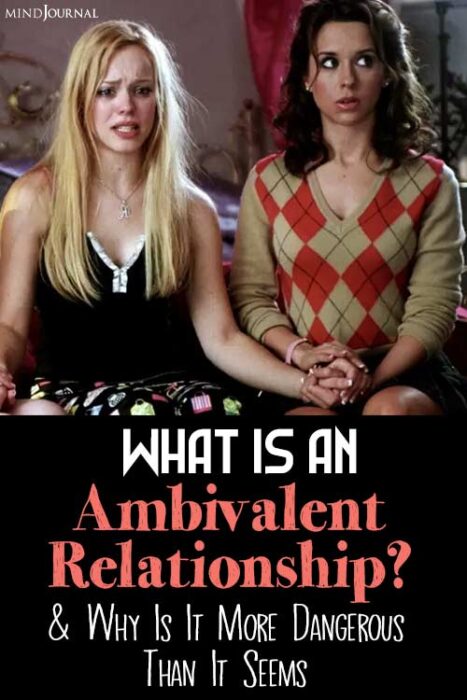
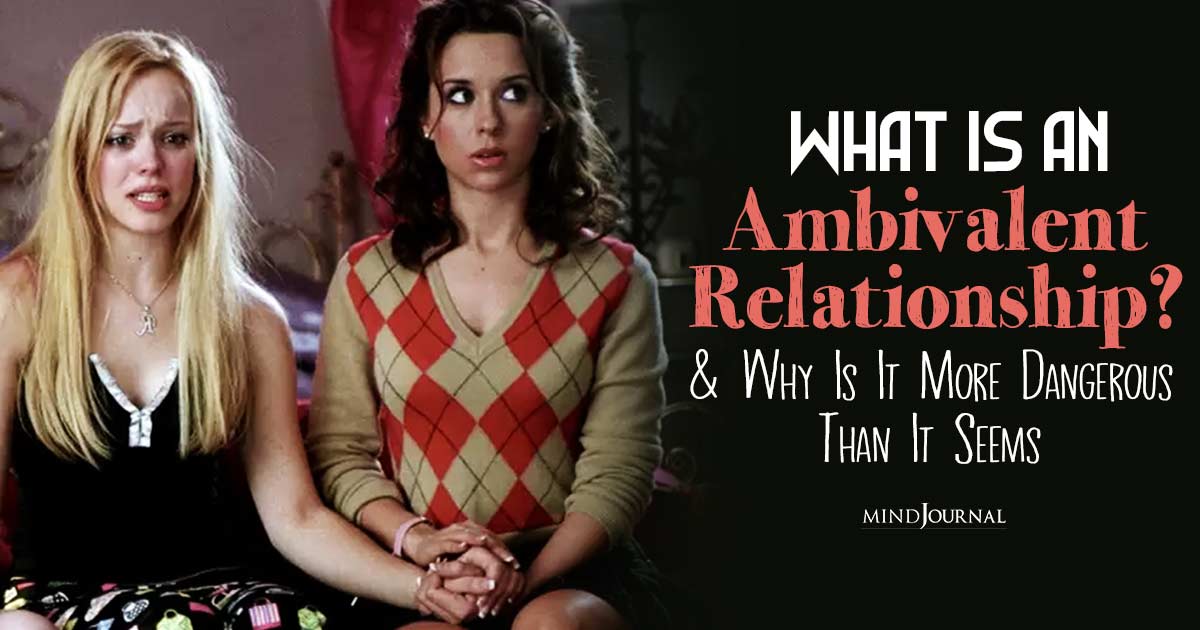
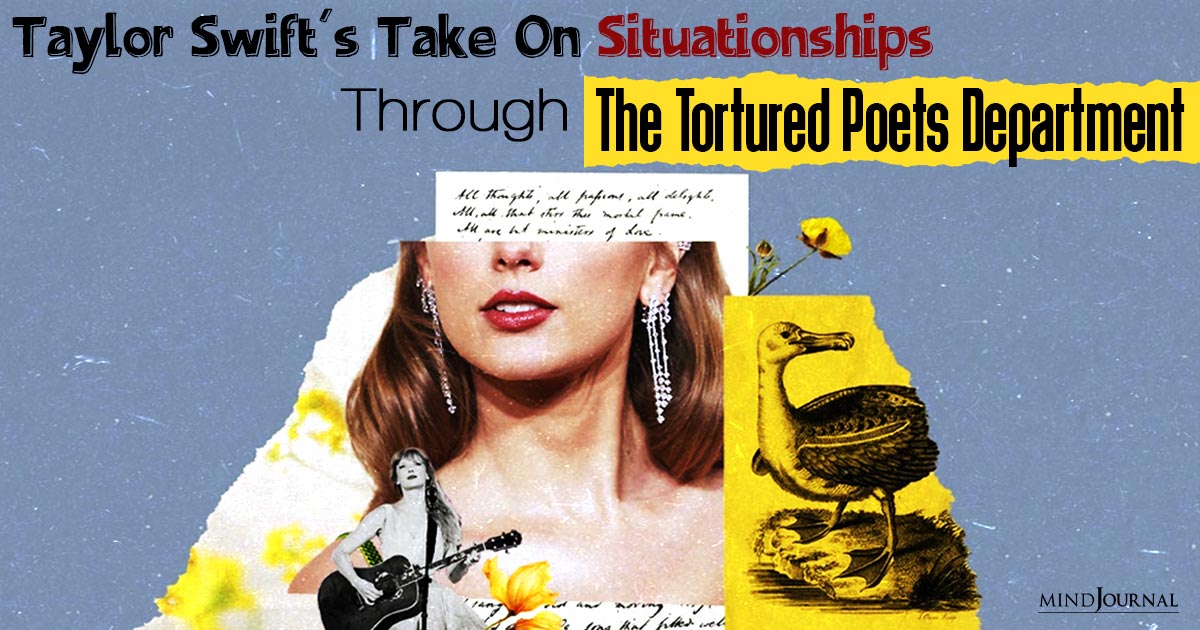
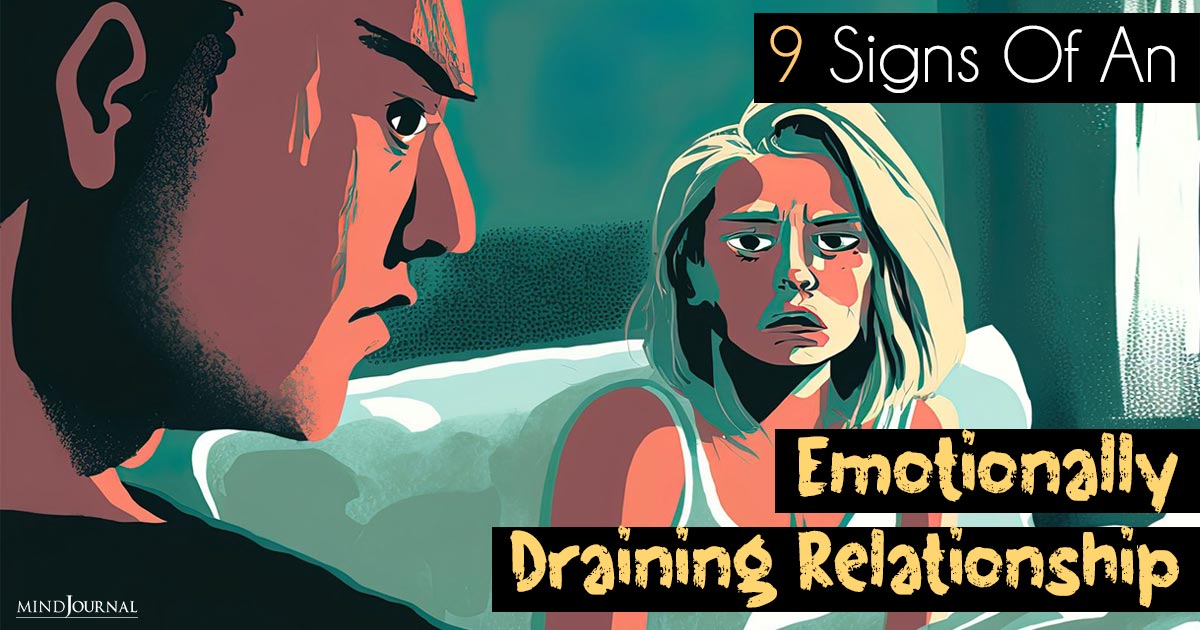
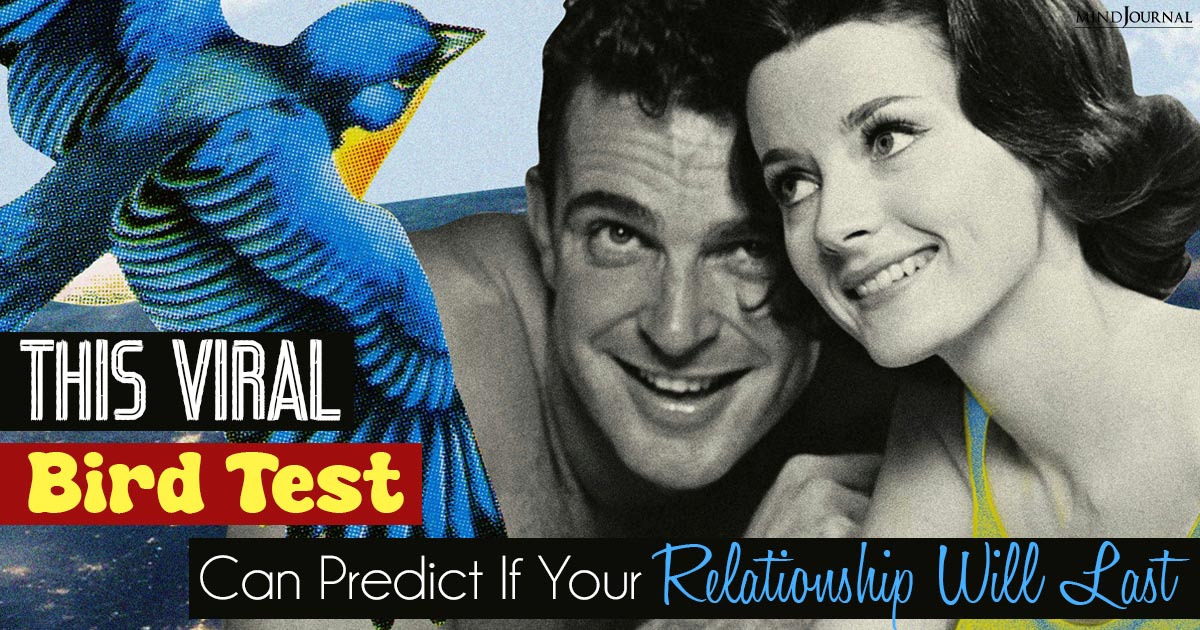
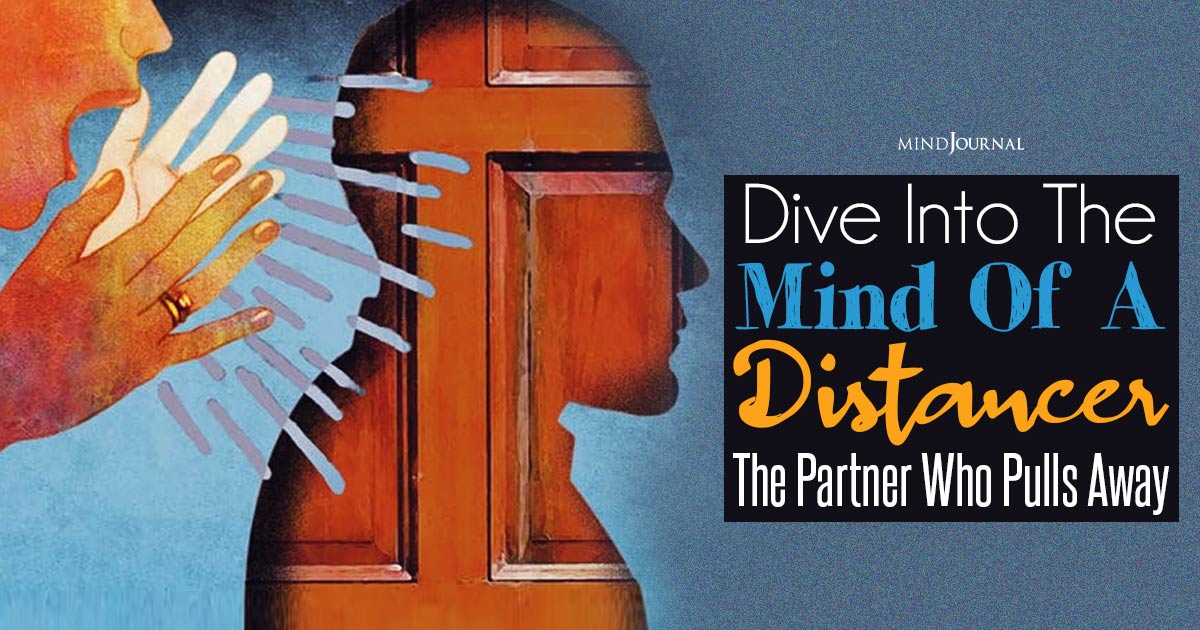
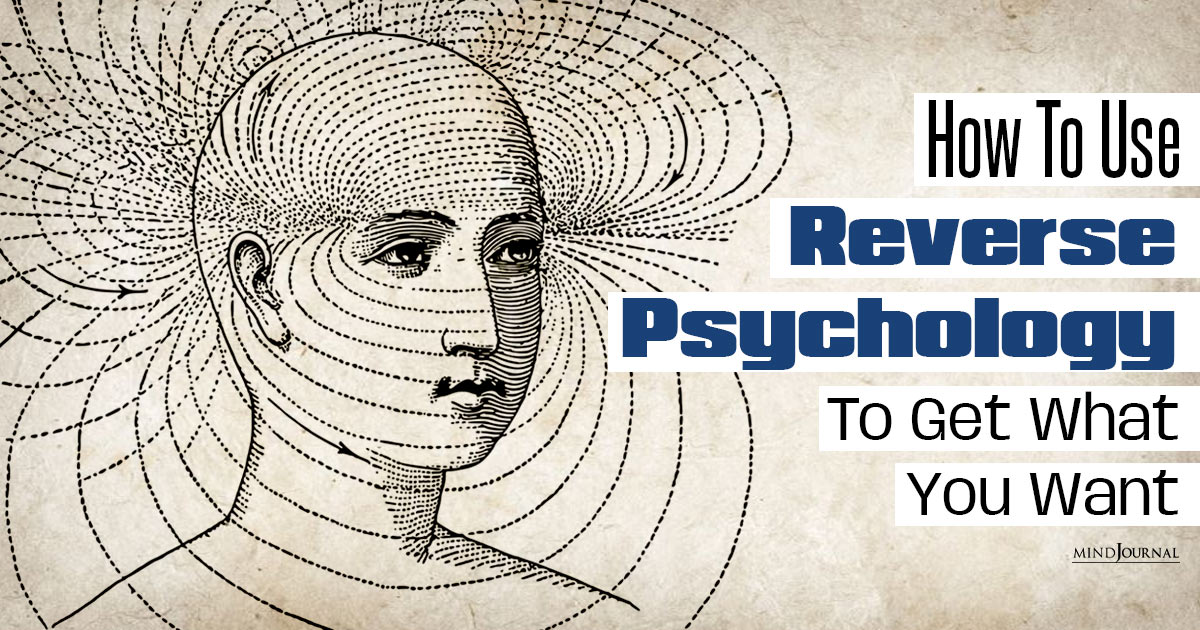
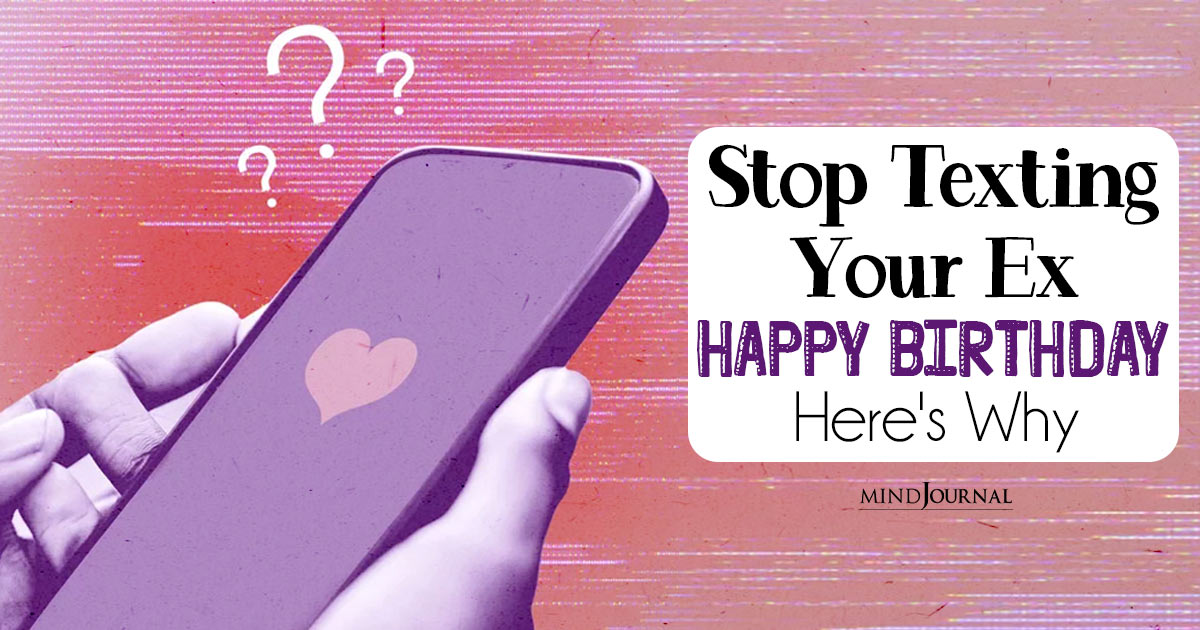
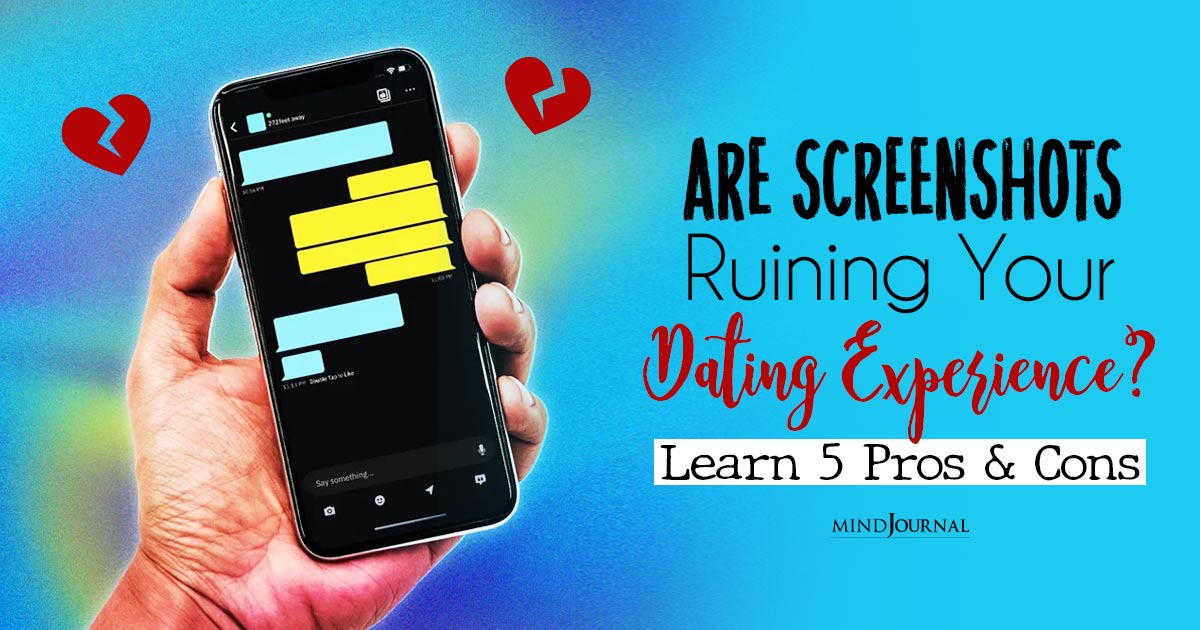
Leave a Reply
You must be logged in to post a comment.